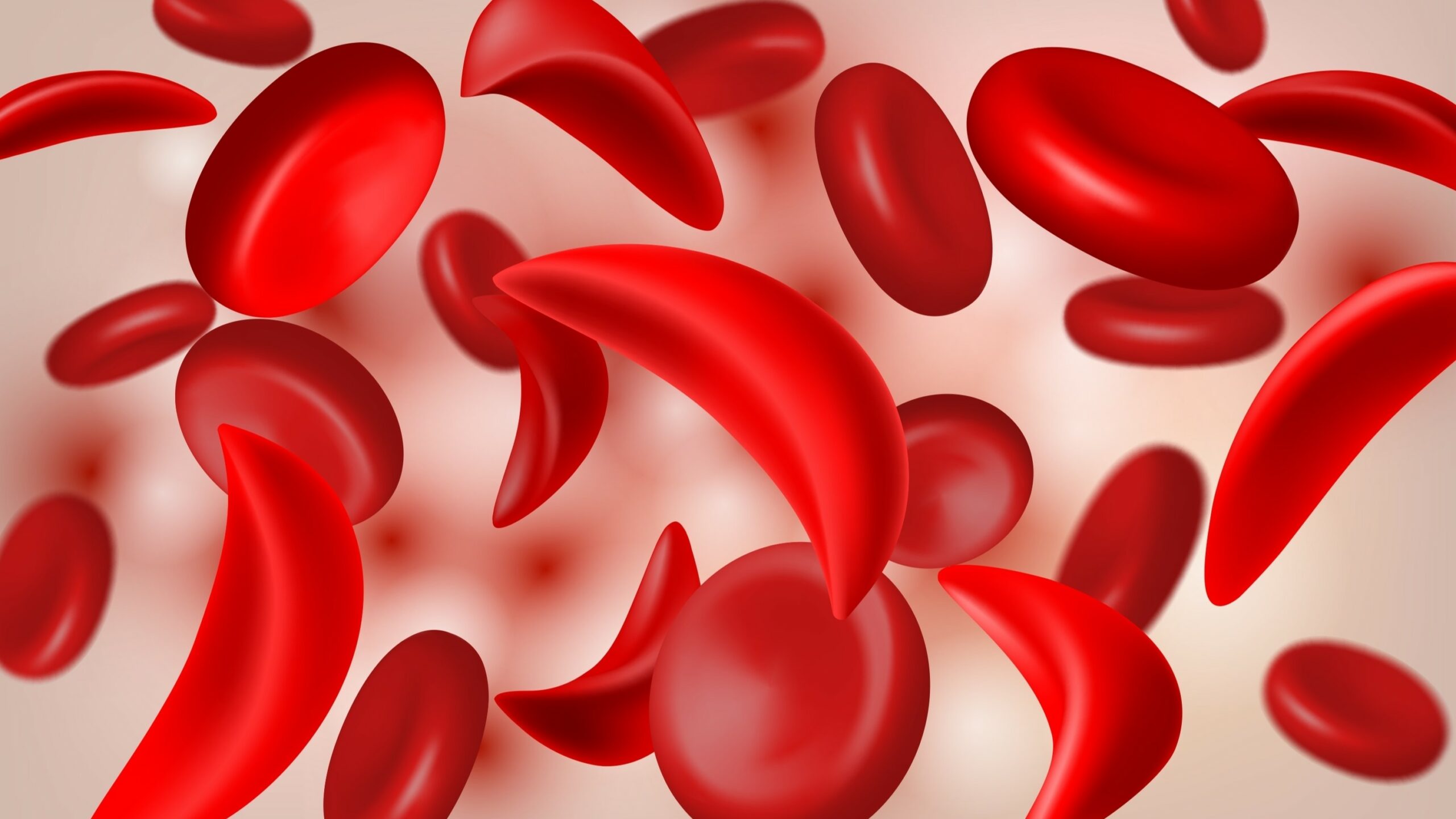
Pediatric patients with sickle cell disease (SCD) undergoing orthopedic surgery are at an increased risk of perioperative complications, according to a study published in the Journal of Pediatric Orthopaedics.
“Vaso-occlusion in sickle cell disease can be precipitated by cold temperatures, hypoxia, infection, dehydration, and stress, all of which can occur in the setting of surgery,” investigators from the Children’s Healthcare of Atlanta wrote. “The purpose of this study was to identify predictors of perioperative complications among pediatric patients with sickle cell disease undergoing orthopedic surgery.”
The investigative team conducted a retrospective study of 92 pediatric patients with SCD who underwent 118 orthopedic surgeries. A review was conducted of preoperative admissions for the purpose of hydration and/or blood transfusion, as well as preoperative laboratory investigations. The principal outcome was the incidence of complications.
Of the surgical cases included in the study, 70% were classified as elective, 22% as being due to infection, and 8% were trauma-related surgeries. Most (51%) surgeries were of the lower extremities.
Postoperative complications occurred in 16% of surgeries, necessitating either a visit to the emergency department or admission to a hospital within 30 days following surgery. Surgery of the hip was associated with significantly more complications following surgery than other sites (24% vs 9%; P=.04).
Patients who had 4 or more emergency department visits in the year prior to undergoing surgery had a 5.7 times higher likelihood of experiencing a postoperative complication (95% CI, 1.6-20.5; P=.01). Additionally, patients who required a blood transfusion prior to surgery had a significantly greater risk of complications than those who did not (27% vs 5%; P<.01).






 © 2025 Mashup Media, LLC, a Formedics Property. All Rights Reserved.
© 2025 Mashup Media, LLC, a Formedics Property. All Rights Reserved.